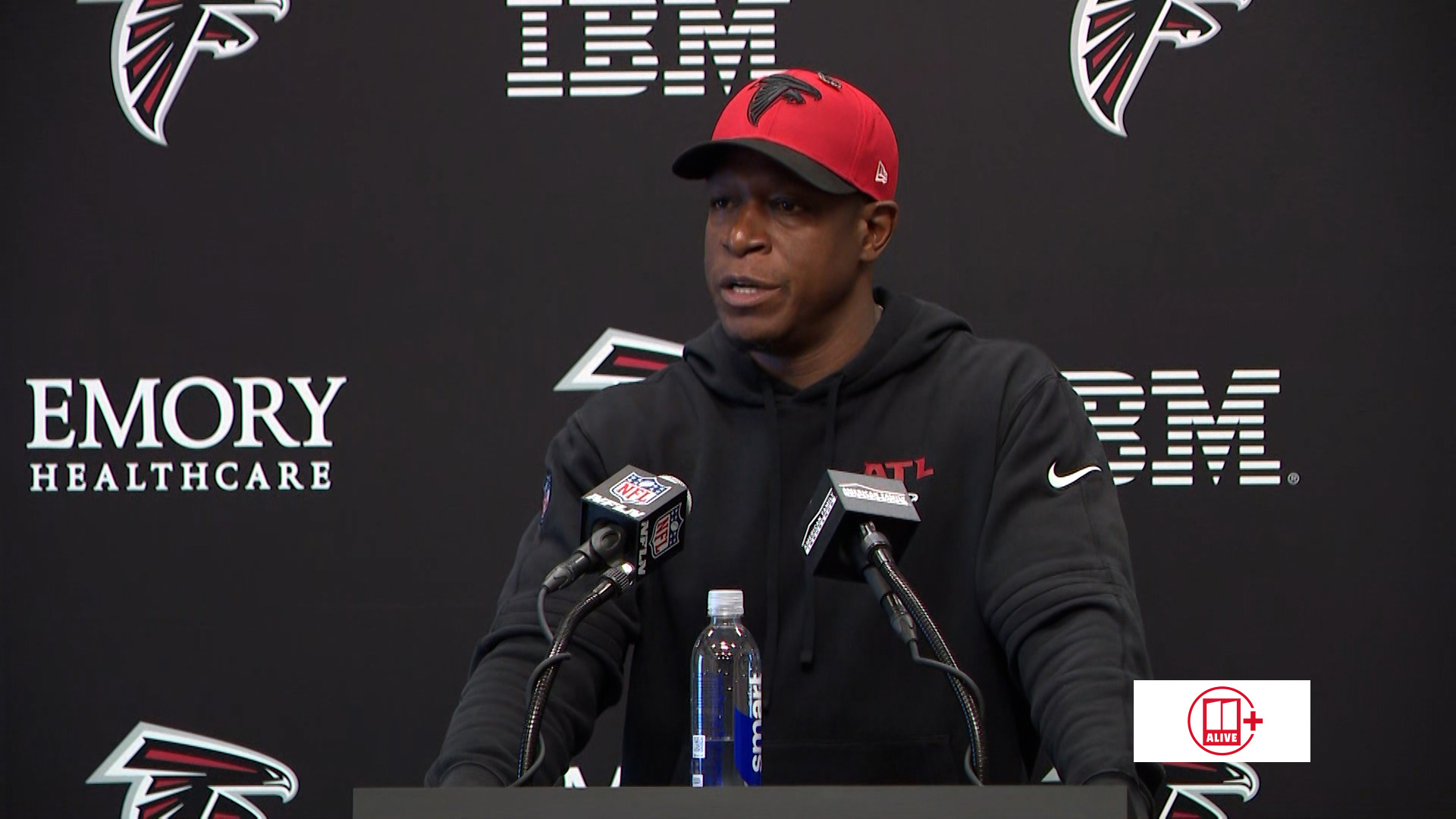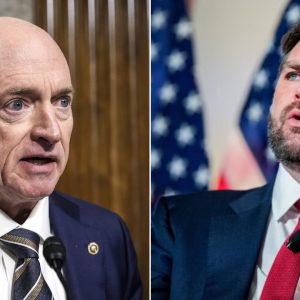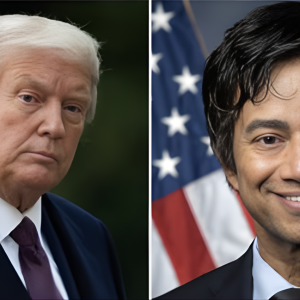
Atlanta, GA – October 20, 2025
Sunday night’s showdown between the Atlanta Falcons and San Francisco 49ers was supposed to be a battle of grit and resilience. Instead, it turned into a storm of outrage, as four critical officiating decisions — all favoring San Francisco — changed the game’s trajectory. Falcons head coach Raheem Morris didn’t hold back after the 20–10 defeat, calling the officiating “unacceptable” and questioning the fairness of the league’s standards.
The first controversial moment came late in the second quarter when QB Michael Penix Jr. was strip-sacked by 49ers pass rusher Bryce Huff. Officials ruled it a fumble, recovered by San Francisco’s Alfred Collins, even though replays clearly showed Penix’s arm moving forward with control, which should have rendered the play an incomplete pass. NBC’s rules analyst stated on air,
“You can see the forward motion — this should’ve been incomplete, not a fumble.” The 49ers capitalized with a field goal, taking a 10–3 lead into halftime.
Just before the break, the second blow hit. With only ten seconds left, Penix threw the ball away under pressure — and was flagged for intentional grounding. Because it occurred inside two minutes, a 10-second runoff ended the half instantly, stripping Atlanta of a chance to kick a field goal. The Falcons, poised to make it 10–6, watched helplessly as officials wound the clock to zero. The call was technically correct, but the timing — and enforcement precision — drew sharp criticism online.
The third major incident came in the third quarter on a deep pass intended for Bijan Robinson, who appeared to be grabbed and wrapped by corner Deommodore Lenoir before the ball arrived. Despite clear early contact on replay, the referees kept their flags down, denying Atlanta a potential 30-yard spot foul and a fresh set of downs. Analysts and fans alike flooded X with disbelief.
“That’s textbook DPI,” one fan posted. “They just let 49ers defenders play by their own rules.”
But the most explosive controversy came in the fourth quarter, when Christian McCaffrey’s goal-line touchdown effectively sealed the game. After being stopped at the 2-yard line, McCaffrey was visibly pulled forward by rookie guard Connor Colby (#75) — an explicit violation of NFL Rule 12, Section 1, Article 3, which bans “pulling or lifting the runner.” NBC’s Terry McAulay called it out immediately:
“That’s illegal. Number 75 clearly pulls him into the end zone. That should’ve been a foul — 10 yards from the spot.” Yet, no flag was thrown. The touchdown stood, and the 49ers’ lead grew to 20–10, effectively ending the Falcons’ comeback hopes.
After the game, Raheem Morris finally broke his silence: “We played our hearts out, but rules are rules. When a player gets pulled into the end zone, when contact is missed on our guys, when fumbles get called wrong — you start to question the integrity of what we’re seeing.”
His words echoed across the NFL community, reigniting debates about officiating consistency and accountability.
The Falcons’ locker room was filled with frustration. Players like Bijan Robinson and Kyle Pitts avoided direct comments on the officiating but hinted at disbelief. Fans flooded social media with hashtags like #RiggedFor49ers and #NFLIntegrityCrisis, accusing the league of double standards.
In total, the four controversial calls — a missed DPI, a questionable grounding runoff, a borderline fumble, and an illegal pulling TD — all swung in favor of San Francisco. Analysts estimate the Falcons could have gained or prevented up to 13 points if these plays were called correctly.
As Raheem Morris put it bluntly in his closing remark: “You can lose to a better team — that’s part of football. But you can’t lose because officials didn’t do their job.”





